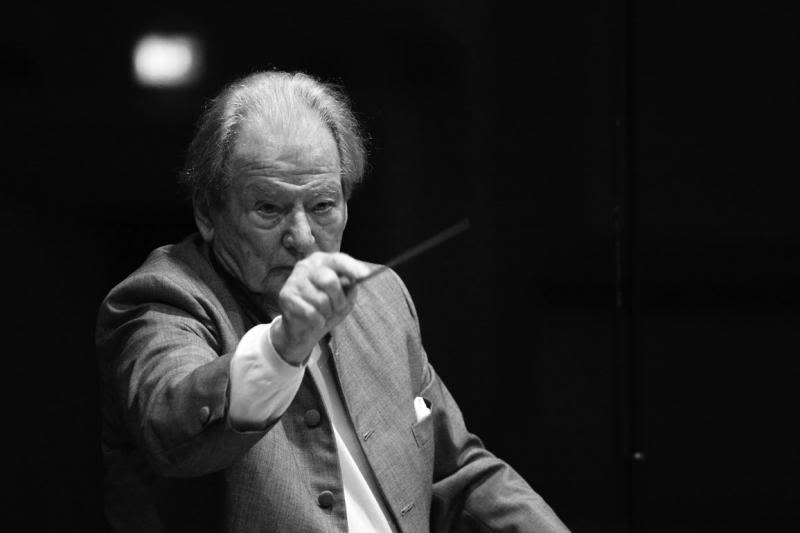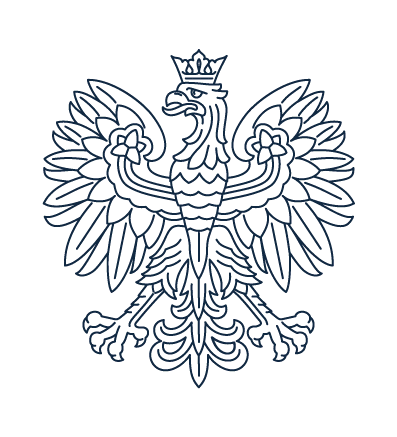Sir Neville Marriner (2015)

Neville Marriner was born in 1924 in Lincoln, England. He was initially taught to play the violin by his father, and then by Frederic Mountney. With the advent of World War II, he frequently played as an orchestral musician with the London Symphony Orchestra under great conductors. Following the end of the war young Marriner returned to the Royal College and then went to Paris to complete his studies at the Paris Conservatoire with René Benedetti. After teaching at Eton College for a year (1947–1948) he became a professor at the Royal Academy of Music; in parallel he became a member of the Martin String Quartet as well as of the Jacobean Ensemble, formed with Thurston Dart and Peter Gibbs. Marriner joined the Philharmonia Orchestra as a violinist in 1952, and became principal second violin of the London Symphony Orchestra in 1956, remaining in this post until 1968. In 1959, having been asked to arrange a series of concerts to be given in the church of St Martin-in-the-Fields, he formed a small ensemble named after the church, most of whose members were players in the London orchestras. With the orchestra he recorded for different labels, including Argo and L’oiseau Lira. His recorded repertoire ranges from the baroque era to 20th century English music.
As one of the greatest English music critics Norman Lebrecht has noted, Marriner’s greatest merit is that he “…altered the ecology of concert life, reviving the chamber ensemble as a viable alternative to big bands, and forcing orchestras everywhere to improve string intonation…He took hold of a tradition, improved it beyond previous recognition and preserved it in transmissible form.”
In 1979 he was made a Commander of the Order of the British Empire and in 1985 he received a higher class of this order and a knighthood. He returned to Europe in 1986 as chief conductor of the Stuttgart Radio Symphony Orchestra, retiring from this position in 1989. At the same time, he continued collaboration with world’s leading orchestras. Until today, he remains very active as a conductor, commenting his age wittily, “The awful thing about a conductor becoming geriatric is that you seem to become more desirable, not less. I just wish all these offers had come in when I was thirty!”






